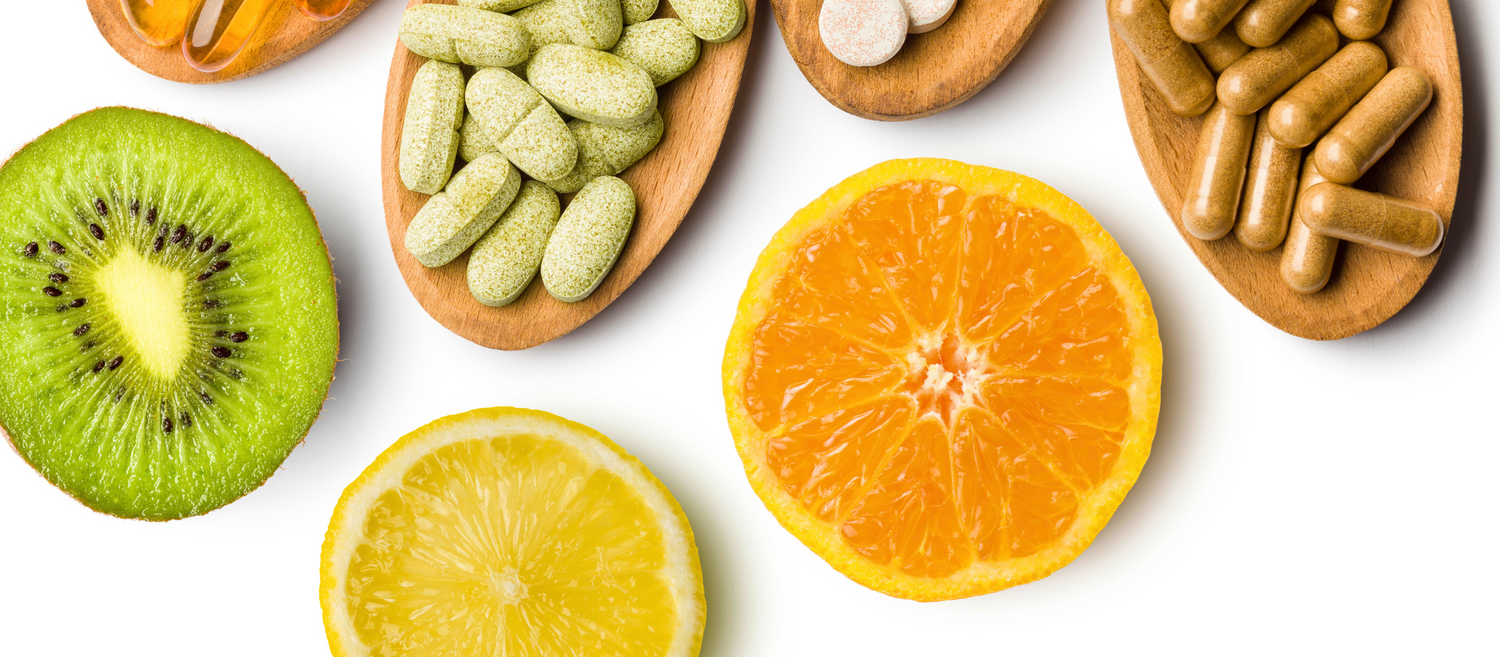T
The World Health Organization defines infertility as the inability to conceive children after 12 months of unprotected sex. Between 8-12% of couples worldwide have infertility issues and 30% of those for inexplicable causes. Infertile women run a 3 times greater risk to be celiac than the fertile ones. According to recent studies, this may be due to the typical malabsorption caused by celiac disease, which involves deficiency of iron, zinc, calcium, vitamin D, vitamin B12 and folic acid.
The patients who become aware of being celiac and thus go on a gluten-free diet have a higher percentage to be naturally pregnant and respond better to treatments for medically assisted procreation. Moreover, research shows a link between untreated celiac disease and reduction of fertility (often with late menarche and early menopause), as well as poly-abortion and childbirth complications. Therefore, a gluten-free diet, so far the only remedy for celiac disease, may benefit their fertility; on the other hand, to eat gluten-free food on one’s own initiative and without a real need is neither healthy nor functional.
This is why opinions of experts in reproduction are important both for investigating the role of gluten in fertility and for managing diets excluding the harmful products and integrating the beneficial ones.
Dr. Elena Martucci
Biologist, Nutritionist and Specialist in Food Science




